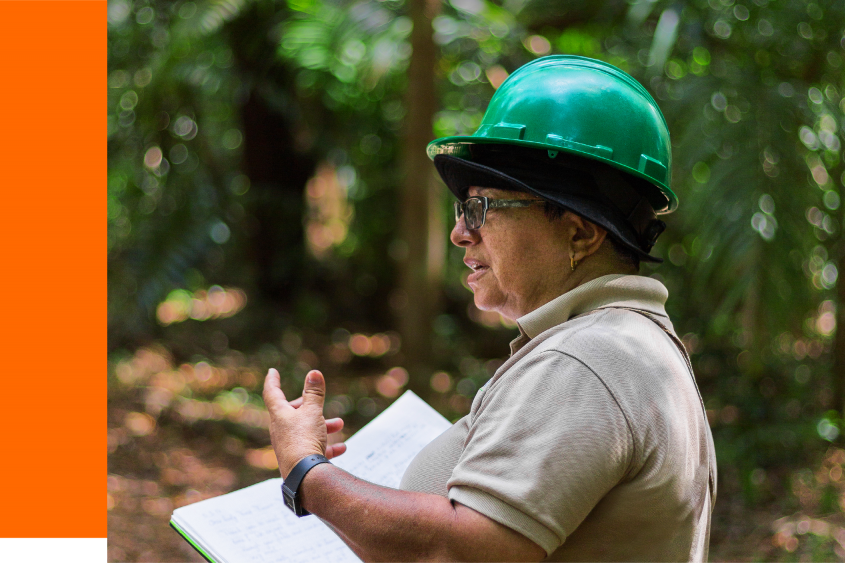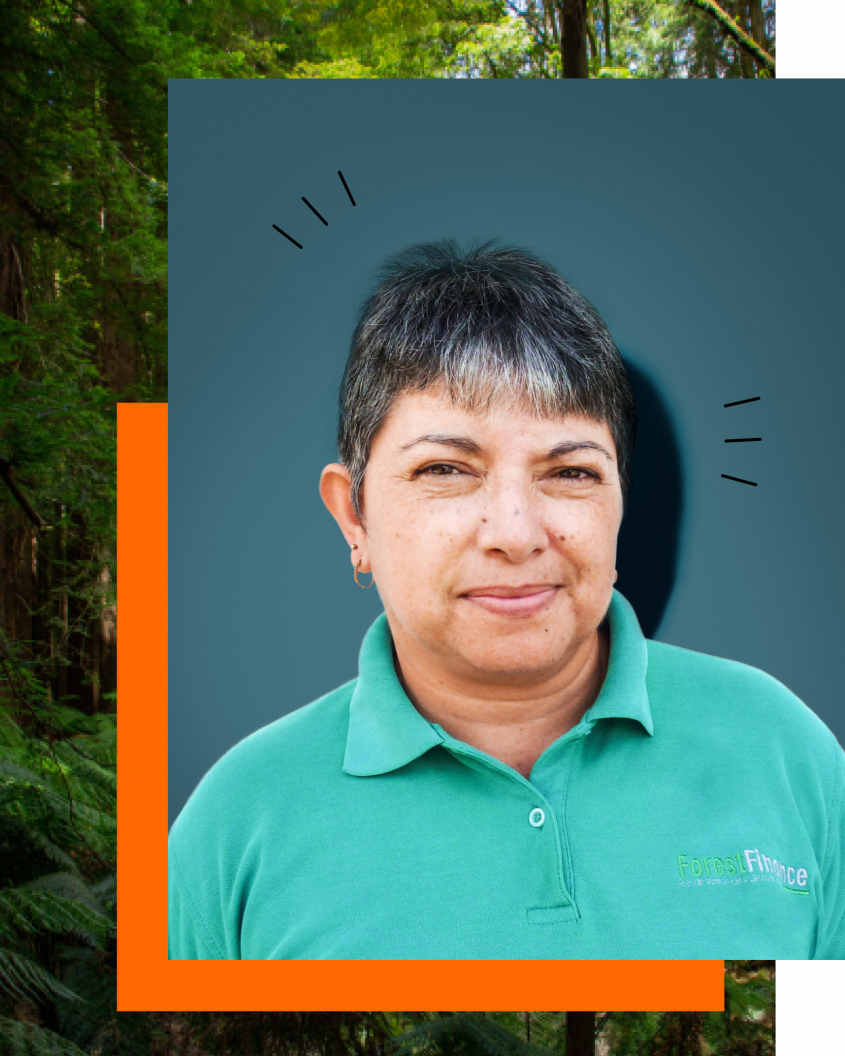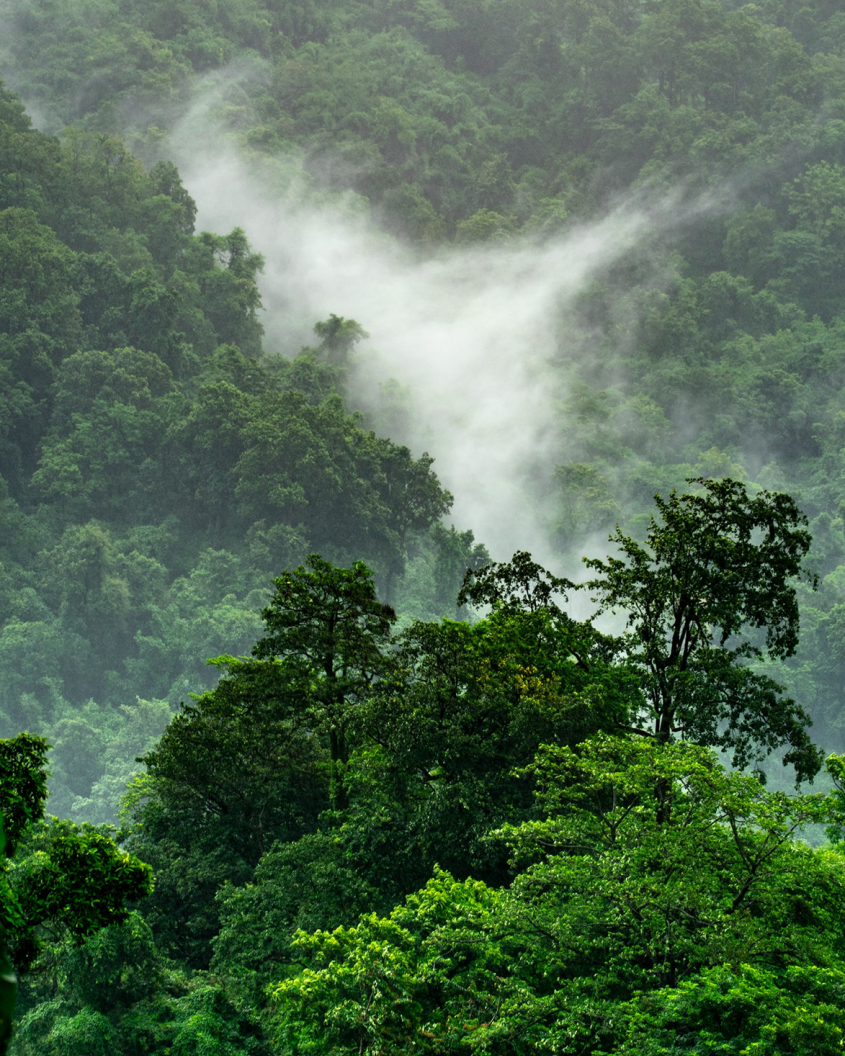Restoring Native Forests in Panama
Restoring Native Forests in Panama
Yaels Camacho, Forestry Department Manager, Panama
Yaels Camacho, Forestry Department Manager, Panama
Yaels was born in Costa Rica and took her degree in forest science studies at the “Instituto Tecnológico de Costa Rica”, near San José. She worked at the Costa Rican Ministry of Agriculture and later at world-leading agronomic centre CATIE. In 2005, Camacho moved to Panama, where she joined ForestFinance, one of the world’s leading providers of direct forest investments. ForestFinance is one of the developers of the Tropical Mix project, which Zalando supports via the purchase of carbon credits from its partner Forliance.
Amid a daily roster of forestry planning, research, and engagement, Camacho strives to make a positive impact on both ecosystems and communities. “Our philosophy is about more than investment for financial returns,” she says. “It’s also more about generating returns for nature. We aim to both help our investors achieve their aims while benefiting people and the environment.”
Camacho is particularly proud of her work with indigenous communities, where low levels of literacy and a lack of access to education create barriers to conservation. “Often people are not able to read or write, and because of their economic situation are forced to live from one day to the next. When you are concerned about day-to-day survival it’s difficult to think about environmental impacts that may happen 30 or 50 years ahead. Therefore, one of our priorities is to provide education and to help people understand how sustainable forestry can also be a route to a stable income.”

ForestFinance, which manages 2,200 hectares of reforestation projects and 1,000 hectares of protected zones in Panama, employs people from local communities in many of its forestry projects and partners with schools to teach children about the importance of environmental protection. It aims to help people understand the real benefits of thriving forest landscapes, for example in terms of preserving precious water resources (often lost when land is cleared for deforestation). More broadly, the Tropical Mix project that Zalando is supporting is managed by three separate project developers and the total area reforested is 8,450 ha.
“I love working in these kinds of activities and sharing my knowledge and experience,” says Camacho. “We work every day to enrich Panama’s environment and to get buy-in from local communities — through which we hope to improve lives now and in the future.”


